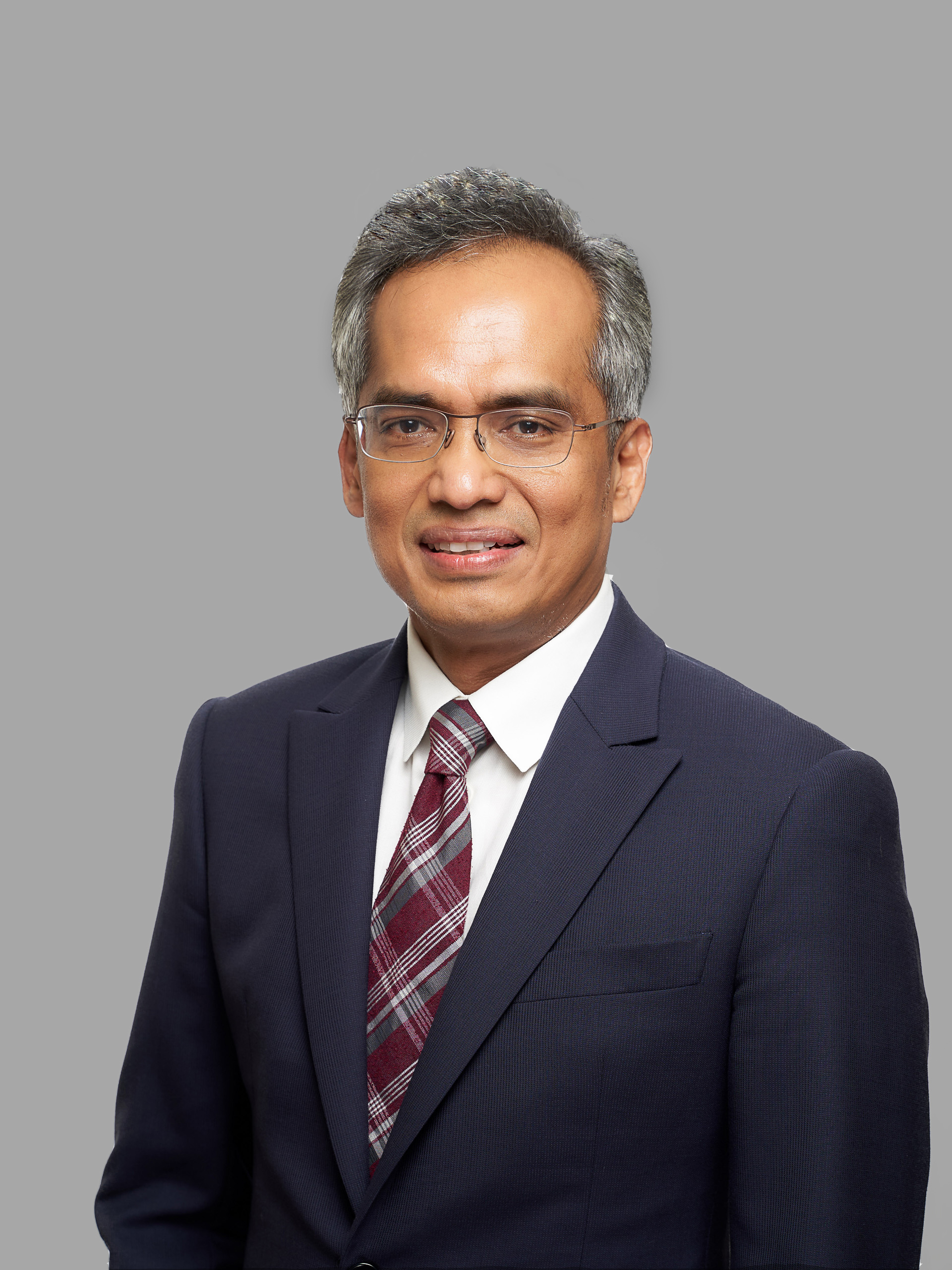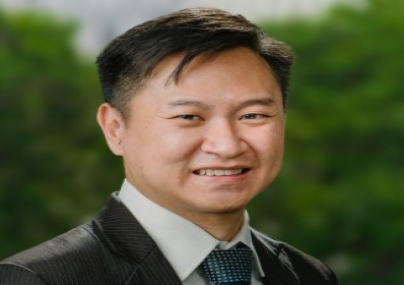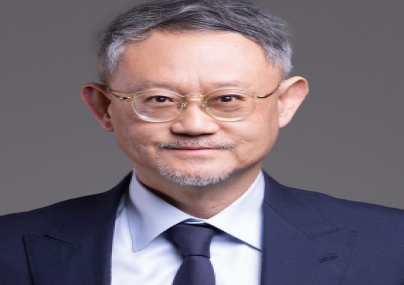
What have been some of the big trends you have witnessed in the litigation space – either in your jurisdiction or regionally – in the past year?
Two discernible trends include the greater willingness of commercial parties in the region to employ Singapore law as the governing law of their mercantile arrangements and to designate the Singapore International Commercial Court as the forum for dispute resolution.
One of effects of the pandemic in just about every industry is the increased involvement of technology, and litigation is no different, with hearings becoming virtual. What kind of role is technology playing when it comes to your litigation practice, and how do you expect it to evolve going forward?
Online Dispute Resolution (ODR) platforms have had a deep impact on the psyche of every player involved – the courts, practitioners and support service providers. A paradigmatic shift is occurring even as we speak. ODR platforms are here to stay for good – to varying degrees.
Almost every aspect of the litigation process has been marked by this transformation – from document collation, management and analysis to case synthesis, preparation and presentation.
How have your relationships with your clients evolved over the last few months? What are you doing differently as a result of the pandemic, and do you expect this to continue in the near future?
Every client and witness/expert interface has gone online – from taking and clarifying essential instructions, stress testing case theory and drafting/finalising pleadings and affidavits. Remote communication and a much greater reliance on technology is likely to be the order of the day, even after the pandemic is quelled.
What would you say are the most important attributes of successful litigators today? How much of this is trained/developed by the firms these litigators are with?
Mastery over the factual and legal terrain of the case at hand is a given. This is the subject of much training within firms. However, a successful litigator invariably goes beyond and excels in motivating and harnessing the efforts of his supporting legal team and forges an unshakable case theory based on the available factual and documentary parameters. Crucially, he needs to present a case theory founded on an accurate and truthful perspective of the factual matrix of the case. Ultimately, the trier of fact must be persuaded that the justice of the case is aligned with you.
What is your advice for aspiring young litigators looking to enter the profession today?
Rome was not built in one day. Take one bite of the apple at a time.
Focus on the keys – keep honing your skills and ability in all areas (skills in communicating with clients, drafting pleadings/affidavits/submissions and oral presentations at the trial and appellate levels and keep abreast with legal and business -developments) and build your profile by being active in the legal and business community (speak at events, join business organisations and contribute on pro bono platforms).
Stay true to your craft.
Teamwork is indispensable – always put people first, no matter what (and that includes opposing counsel).
And don’t ever cut corners – never lose sight of the fact that unwavering integrity and credibility is the very core of your court gravitas and reputation.
Can you tell us about some of your notable work in the past year?
It was certainly an interesting year – had two major trials before the Singapore International Commercial Court (both against Davinder Singh SC, a dear friend and of course, a formidable opponent), sat as one of three treaty arbitrators at The Hague on a BIT jurisdiction hearing involving a prominent Asian government and argued a number of arbitration-related court hearings with significant financial stakes involved. Was also privileged to lead two international legal organisations in the past year – served as global President of the Chartered Institute of Arbitrators as well as President of the Inter-Pacific Bar Association.
How did COVID-19 impact your litigation practice? How did you look to overcome the changes?
Like every other litigator, every hearing went completely online. One simply adapts!
How would you describe your courtroom strategy?
As is inevitable, no escaping the necessary investment in time and effort in gaining mastery over every blade of grass on the disputed field. Two crucial elements (as emphasised above) beyond that – forging an invulnerable case theory and upholding/discharging every bit of your duty as an officer of the court.
Clients today have higher requirements when it comes to the services they receive from their lawyers. Can you provide an example or two of how you went the extra mile for your clients?
That is in fact the best piece of advice that I received as a young lawyer – Go the extra mile for every client – in every piece of work you undertake.
Everything we do is illustrative of that – never deprive the client of the required effort for the case to be presented as best as it humanly could.
Every case requires that commitment.
What motto do you live by?
One must never forget – ultimately, we serve God.


